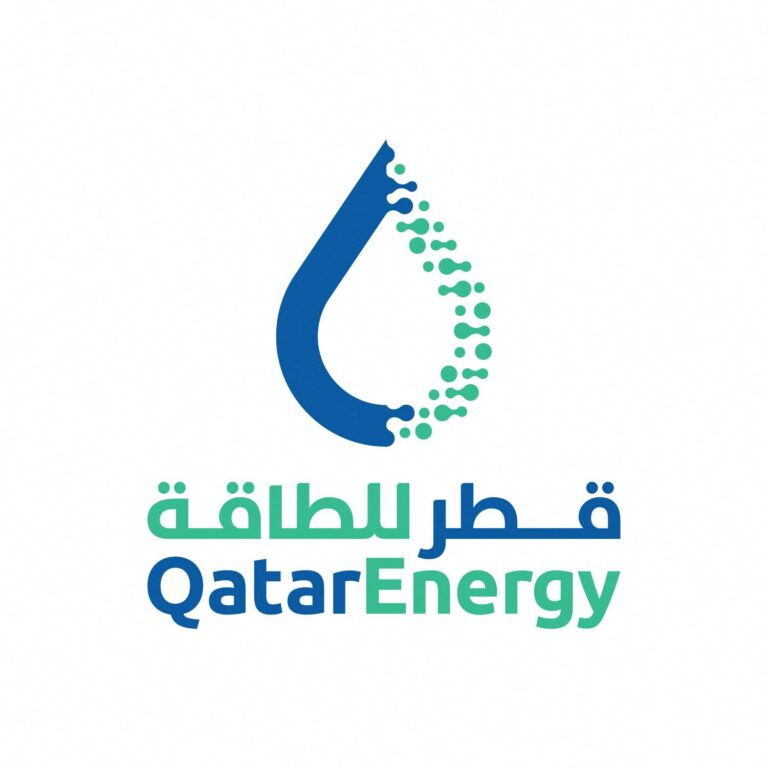QatarEnergy and Japan: Negotiating a Long-Term LNG Supply Agreement
In a significant development highlighting the rising importance of liquefied natural gas (LNG) in the global energy sector, qatarenergy is reportedly in discussions with Japanese authorities to establish a long-term LNG supply agreement. This initiative, initially reported by Reuters, comes as Japan seeks to broaden it’s energy sources amid ongoing fluctuations in energy prices and geopolitical challenges. As the leading exporter of LNG worldwide,QatarEnergy’s collaboration with Japan could transform the energy trade landscape between these two nations,offering Japan a more reliable supply while amplifying Qatar’s influence within Asia’s energy market.Industry experts are closely monitoring how this potential agreement may impact both countries’ energy strategies and the overall global market.
The talks between QatarEnergy and Japanese officials reflect an urgent need for stable energy solutions as japan aims to transition towards cleaner fuel alternatives. This strategic partnership not only reinforces Qatar’s status as a premier LNG supplier but also positions it as an essential player in supporting Japan’s shift towards sustainable energy practices. Analysts suggest that this collaboration could considerably enhance Japan’s energy security amidst evolving policies and market conditions.
During initial negotiations, several key logistical aspects regarding supply chains and pricing structures were discussed. Potential terms may encompass:
- dynamic Pricing Models: Allowing for adjustments based on prevailing market conditions.
- Long-term Agreements: Ensuring consistent supply over periods extending up to 20 years.
- Joint Infrastructure Development: Investments aimed at optimizing distribution networks.
this prospective deal signifies more than just an LNG contract; it represents a pivotal move towards achieving sustainability goals thru international cooperation as japan strives to lower its carbon emissions while enhancing its resilience against future crises.
Impact on Global Energy Market and Enhancing Energy Security for Japan
The ongoing discussions between QatarEnergy and Japanese representatives mark an crucial turning point for both parties involved, potentially reshaping future dynamics within the global LNG marketplace. As one of the largest importers of LNG globally, securing such an agreement would provide Japan with dependable access to vital resources necessary for economic growth while facilitating its transition toward renewable energies. This negotiation occurs during a period when nations around the world are increasingly seeking reliable partnerships to counteract market volatility exacerbated by recent geopolitical tensions affecting traditional fuel supplies.A secure source of LNG from Qatar could empower Japan to diversify its energy mix effectively, ensuring minimal disruptions during peak demand or emergencies.
This potential long-term arrangement carries considerable implications for enhancing national security concerning energy resources considering past dependencies on fossil fuel imports by japan. By establishing this partnership with Qatar—a frontrunner in natural gas production—Japan can bolster its self-sufficiency regarding power generation while mitigating risks associated with oil price fluctuations or disruptions along supply chains. Moreover, collaborating with such an established leader may facilitate technology transfer that supports further integration of renewable energies into their grid systems—solidifying not only their position within international markets but also contributing positively toward climate action commitments shared by both nations.
Insights into Negotiation Strategies for Stakeholders in the LNG Sector
The negotiations currently underway between QatarEnergy and Japanese officials present valuable lessons for stakeholders engaged within the liquefied natural gas industry who must adapt swiftly amidst changing circumstances surrounding these discussions influenced by factors like market instability, geopolitical developments, and shifts toward greener alternatives.
Understanding these dynamics equips businesses involved across various levels—from producers through consumers—to navigate complexities inherent within contract negotiations effectively including pricing frameworks alongside delivery schedules tailored accordingly based upon real-time assessments reflecting current trends observed throughout relevant markets today!
LNG industry experts recommend several strategies that stakeholders should consider adopting during these critical negotiation phases:
- Cultivate Existing Relationships: Leveraging established connections can lead smoother negotiation processes overall!
- Pursue Adaptability: Emphasizing adaptable terms allows responsiveness amid rapid changes occurring across broader economic landscapes!
- Prioritize Sustainability Initiatives: Integrating environmental considerations enhances acceptance among consumers alongside regulatory bodies alike!
A thorough understanding regarding competitive positioning remains crucial; thus below is outlined key players operating actively throughout today’s dynamic landscape along various strategic approaches they employ respectively:
| Name of Company | Tactical Approach Within market Space | Main Offerings Provided | |||
|---|---|---|---|---|---|
| QatarEnergy | < | Long-term contractual agreements | < | Reliable sourcing arrangements | |
| shell | < | Spot trading mechanisms | < | Adaptable pricing structures | |
| ExxonMobil | Global diversification strategy | Integrated logistics networks |
Conclusion: Strengthening Energy Ties Between Nations Through Collaboration
The ongoing dialogue between Qatari officials representing their national interests alongside counterparts from Tokyo signifies crucial advancements aimed at fortifying bilateral relations centered around mutual benefits derived from enhanced cooperation concerning vital resource management! As pressures mount globally necessitating stable supplies amidst fluctuating environments characterized increasingly volatile scenarios unfolding daily—it becomes evident why securing dependable channels remains paramount moving forward! should accomplished outcomes arise resulting ultimately culminating into formalized agreements reached soon thereafter—it stands poised not only strengthen domestic capabilities internally but elevate standing internationally too thereby reinforcing respective roles played prominently across wider arenas influencing future trajectories ahead!




